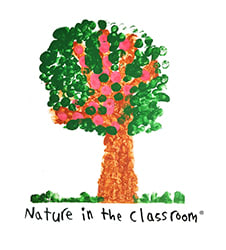Dive Brief:
- The Massachusetts Personalized Learning Edtech Consortium (MAPLE), created in December by the Massachusetts Department of Elementary and Secondary Education and the LearnLaunch Institute to facilitate personalized learning implementation has released its first report detailing the strategies of the 15 districts farthest along in doing so, EdSurge reports.
- The survey found Google Classroom to be most popular among learning management platforms, with 80% saturation, while the most popular teacher professional development topics were social-emotional learning and data-driven instruction. Teacher-led small groups that rotated students in and out of individual instruction were the most popular personalized format.
- The report is expected to serve as a blueprint to provide more opportunities to share best practices via networking events, focus groups, workshops and "learning tours," especially as 17 "general" districts in the consortium seek to further develop their strategies based on those of the 15 "catalyst" districts.
Dive Insight:
A number of states, districts, schools and organizations (both for-profit and nonprofit) have worked in recent years to figure out the best means of delivering a personalized learning experience to students. While their efforts have created, for better or worse, one of the most frequently used buzzwords in education, a few entities have also seen some success.
In Reston, VA, Berthold Academy — a Montessori school — has worked with Silicon Valley startup AltSchool to help the latter figure out ways to scale a personalized approach across a variety of school models and sizes. The Montessori system has long been recognized for being able to provide such an approach, though its class sizes also tend to be much smaller than the average public school.
New Hampshire, meanwhile, has long focused on personalized learning statewide, making efforts to facilitate the kind of atmosphere needed for success. The state has never forced its districts into innovation, opting rather to create an environment where they have the freedom to experiment with new approaches and solutions based on their local populations. The state has also pushed administrators to take full advantage of the Every Student Succeeds Act's increased focus on local control by developing their own interventions and documenting the processes.













